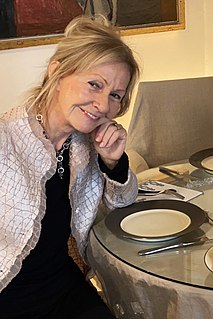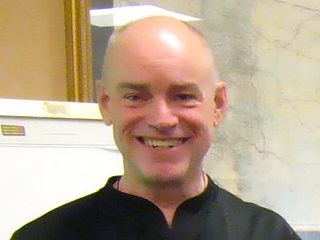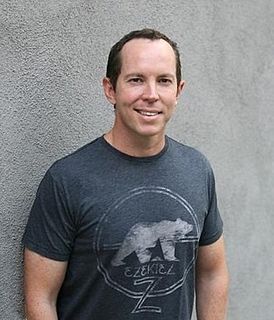A Quote by Jason Robert Brown
My work is very popular with performers, and there are theatre people who get what I'm doing and what tradition I'm working in. I'm very grateful to them - they're my people, who understand why I work the way I do.
Related Quotes
All drama teachers are very effusive, very emotionally open, very big, and gesticulate a lot, and are very physical. Those people don't work in banks and they don't work for pharmaceutical companies. They teach drama, or they may be theatre directors. That's why I love people who are openly gay in theatre, because they have license to do what they like, and there's a kind of artistic liberal tolerance thing that goes on.
I aspire to be an instrument of the director. I'm happiest like that. The stronger the director, the more I'm willing to give them. It's not just about admiration for their films, it's how they deal with you, and whether they get you or the way you work. If they don't, you better adjust your way of working to suit them. I want to work with people who are good at what they do, and people who are passionate. As you get older, you suffer fools less easily. That's why there's all those cranky character actors. I'm an exception. I'm a sweetheart.
We don't understand what photography is doing. We don't understand the power of its rhetoric. We don't understand why the Provoke photographers showed Tokyo city as a ghastly and alien city when it was really going through this period of mega-capitalist growth. It's a very, very, very powerful force, the photograph. People ask me why it has such an ability to captivate us. And I just don't know.
Work begets work. Just work. If you work, people will find out about you and want to work with you if you're good. So work anywhere you can. That's why I've changed my mind about these theatres where people work for free or have to pay money. I think it's kind of terrible that they feel they have to, but you know what? They're working.
It makes me so angry when people say, "We never hear from people who are happy doing sex work." Well, that's because they're working. The activism privileges people who hated doing sex work, are no longer doing it, and have a job at a social service organization, for example, that trains them on how to speak to the media. We are hearing from those people quite a bit.




































